Impact and sustainability
Good for the Earth, Good for You
At Loopworm our goal is to ‘make sustainability mainstream’. We aim to achieve this by establishing an ecosystem that integrates impactful solutions. Over the years, we have evolved through the mindful understanding of ‘good for the Earth, good for us!’, aligning with the United Nations’ Sustainable Development Goals (SDGs).
Responsible Production (SDG 12)
India, as the second-largest producer of silkworms globally, faces significant challenges with silkworm pupae waste, which, if left untreated, emits approximately 300 kg of CO2 per 100 kg of wet pupae (source: Ministry of Textiles, Government of India). At Loopworm, we tackle this issue by converting silkworm pupae waste into valuable products without generating any solid waste. From 100 kg of spent wet pupae, after drying becomes 25kg in which we produce 20 kg of protein and 5 kg of oil, ensuring responsible and sustainable production practices.
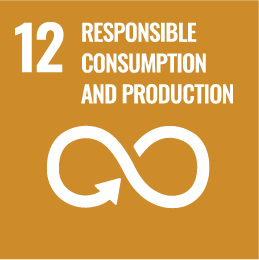
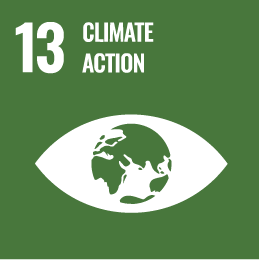
Climate Action (SDG 13)
At Loopworm, we prioritize technological advancements in our decentralized factory to enhance operational efficiency and sustainability. This approach significantly reduces transportation needs, lowers emissions, and minimizes our carbon footprint by sourcing and processing materials locally. According to a study by TERI (The Energy and Resources Institute), local sourcing and production methods in India can reduce carbon emissions associated with transport by up to 25-30%.
Life Below Water (SDG 14)
Our oceans face a critical threat from overfishing, with studies showing that global fish populations have declined by 36% since the 1970s, largely due to unsustainable fishing practices (source: World Wildlife Fund). At Loopworm, we address this by offering sustainable alternatives in animal feed production. By replacing 1 tonne of fishmeal with our products, we save 5 tonnes of marine life annually, promoting healthier oceans and preserving marine ecosystems.
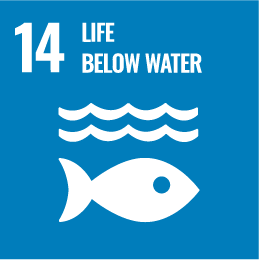
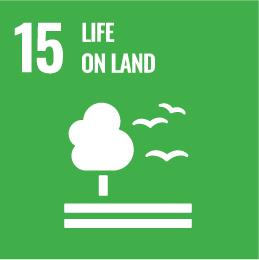
Life on Land (SDG 15)
Insect farming minimizes arable land use, reducing deforestation and preserving habitats. Loopworm’s approach enhances sustainability with minimal land and water use. In contrast, soybeans require significant resources, with 90% used for animal feed and only 10% for human consumption. Converting animal feed to insect feed offers a more resource-efficient alternative.
Decent Work and Economic Growth (SDG 8)
Loopworm empowers silkworm farmers by collecting spent silkworms, enabling them to earn substantial additional income. This initiative not only supports local communities by providing economic opportunities but also spearheads the creation of a thriving market for insect-derived products in India. By pioneering this market, Loopworm drives sustainable economic development, contributing to enhanced livelihoods and economic resilience across the country.
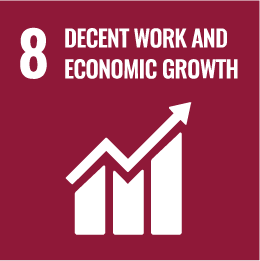

Our Commitment
At Loopworm, sustainability isn’t just a goal—it’s our guiding principle. By innovating with purpose and aligning our practices with the UN SDGs, we strive to lead by example in creating a sustainable future. As winners of the Best Indian Enterprise Award, we are proud to lead the charge towards a more sustainable, efficient, and resilient future.




